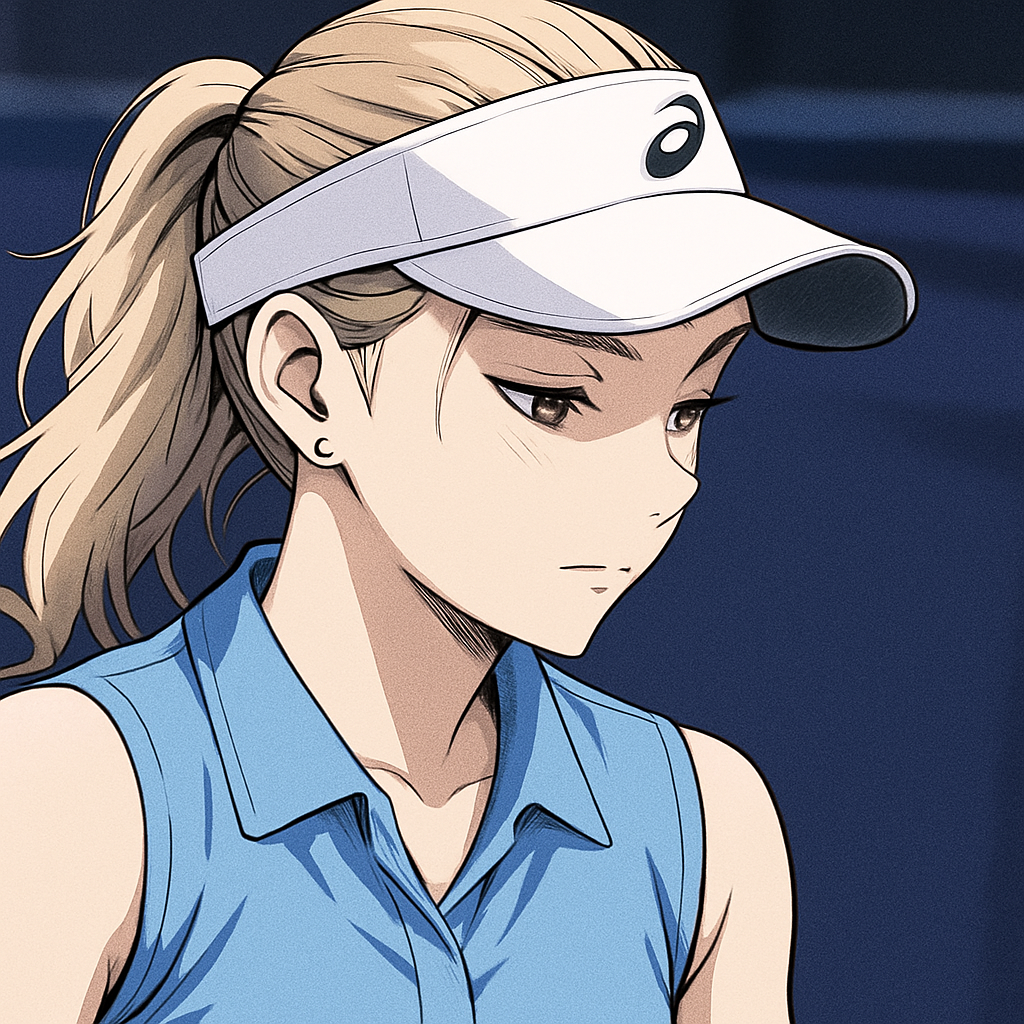LONDON — British tennis player Harriet Dart found herself at the center of an unexpected controversy during her first-round match against France’s Lois Boisson at the WTA 250 tournament in Rouen, France, in April 2024. The incident, which quickly went viral, involved Dart requesting the umpire to address Boisson’s body odor, stating, "She smells really bad."
The remark, caught on camera and amplified by social media, sparked debates about sportsmanship, professionalism, and the unspoken etiquette of tennis. For Dart, ranked inside the world’s top 100 at the time, the fallout was immediate—both in public perception and her own mental game. The 27-year-old, known for her fiery on-court demeanor, lost the match 6-3, 6-4, but the deodorant dispute overshadowed the result.
The Incident That Divided Tennis Fans
Midway through the second set, Dart approached chair umpire Ana Carvalho, visibly frustrated. Broadcast microphones picked up her complaint: "Can you tell her to put some deodorant on? It’s really bad. I can’t focus. She smells really bad." Boisson, unaware of the exchange until later, continued playing but later admitted the comment affected her concentration.
Reactions were polarized:
- Supporters of Dart argued that physical discomfort, including strong odors, can legitimately disrupt a player’s focus.
- Critics called the remark unsportsmanlike, suggesting Dart used it as gamesmanship amid a losing battle.
- Neutral observers questioned why the umpire didn’t intervene discreetly, avoiding public embarrassment.
The Aftermath: Public Backlash and Dart’s Response
Social media erupted, with memes and hot takes dominating tennis forums. Boisson, a 21-year-old qualifier ranked outside the top 200, handled the situation diplomatically post-match, telling reporters, "I didn’t realize it was an issue. Maybe I was nervous and sweating more than usual. But I don’t think it’s something to discuss publicly."
Dart, however, faced sharper scrutiny. Known for her outspokenness, she doubled down in her press conference: "I stand by what I said. If something is affecting your game, you have the right to address it. It’s no different than asking for a towel or a water break." The WTA declined to penalize either player, labeling it a "personal misunderstanding."
Psychological Impact on Dart
In the weeks following the match, Dart’s performance dipped. She lost in the first round of her next two tournaments, later admitting to "struggling with the noise around the incident." Sports psychologists weighed in, noting that off-court distractions—especially viral ones—can erode confidence. Dart’s coach, Nigel Sears, acknowledged the challenge: "Harriet’s a fighter, but this was uncharted territory."
Broader Implications for Tennis Etiquette
The incident reignited discussions about the unwritten rules of tennis. While the sport has clear guidelines on attire, equipment, and time violations, body odor remains a gray area. Former player and commentator Pam Shriver noted, "In my 20 years on tour, I never heard it addressed like this. Most players would’ve used a medical timeout or just powered through."
Key takeaways from the debate:
- Privacy vs. fairness: Should umpires handle such requests off-mic?
- Cultural differences: European and American players have varying tolerance levels for directness.
- Precedent: Could this open the door for more "sensory complaints" (e.g., perfume, sweat)?
Dart’s Road to Redemption
By June, Dart began to rebound, reaching the quarterfinals at Nottingham. In an interview with the BBC, she reflected: "It was a learning experience. I’ve always worn my heart on my sleeve, but maybe there’s a better way to handle things. At the end of the day, I just want to play tennis." Boisson, meanwhile, has yet to face Dart again but joked to French media, "Next time, I’ll bring extra deodorant—just in case."
The controversy, while fleeting, highlighted the pressures of professional sports in the social media age. For Dart, it was a harsh lesson in how quickly a single remark can eclipse years of hard work. As she prepares for Wimbledon, her focus is clear: "I’m here to compete, not to be a headline. What happened in Rouen stays in Rouen."

